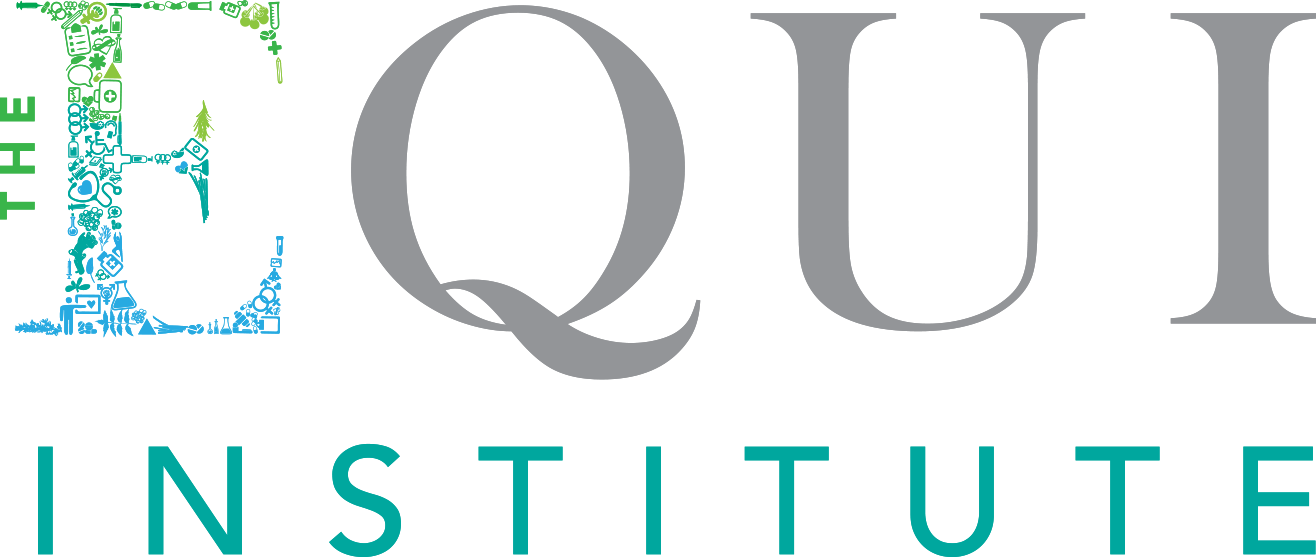Get to Know Our Racial Justice Intern
Who are you?
I’m an ever-changing fairy princess who identifies as a sparkly lavender unicorn.
I have two names: one English and the other in my mother tongue, Cantonese. My English name is Anna Zheng. Born in the heart of the Midwest and growing up in Kansas was, to put it lightly, quite difficult. I was one of the two families of color in a white suburban neighborhood. As an only child to immigrant parents, once I learned how to talk, I became a translator for my parents. The person in between two worlds came with challenges that I still don’t know how to describe.
As a queer, Chinese femme from a working class family, I entered into the social justice world with a bit of hesitancy. During college, I started identifying as a survivor of domestic abuse and relearned how to navigate a world without toxicity. I became aware of the oppressive systems and structures that make living in this world hard as marginalized folks. I started writing; I started to understand what it means to be a queer person of color in a white world. I began to listen to my body and to express myself without fear.
What makes you feel most like yourself?
When I’m writing. When I’m behind the camera, capturing the essence of people’s vibes. When I’m drinking coffee - caffeine runs through my veins at all times of the day.
Why The Equi Institute and why Racial Justice & Civic Engagement?
When I was on a road trip from my college town to Los Angeles, my friend and I decided to stop in Portland for my 22nd birthday. I first met Dr. Angela Carter outside of Crush Bar on the night of my 22nd birthday. Dr. Carter is probably one of the most friendly strangers I’ve ever talked to in my whole life, and we sparked a conversation about working in the nonprofit world. I told them about my experience in the political world and my interest in working for nonprofits because I wanted to do advocacy work. They told me about The Equi Institute and the work that they do, and they gave me their contact information.
After a few days of thinking about it, and realizing that the Goddesses had blessed me with this great connection on my 22nd birthday, I researched the organization and decided to take a chance.
Initially, I had no idea what I wanted to do at The Equi Institute. One day, I sat down and wrote down all of my skills and my passions and reflected on how I could use those skills for an organization like The Equi Institute.
As an only child to immigrant parents, I grew up feeling like politics was a world I would never be able to access. Something I never thought would be feasible because I didn’t grow up seeing the importance of being civically engaged. Last summer, I decided to step out of my comfort zone and join the Washington Bus fellowship. I learned how to register people to vote, phone bank, talk to politicians, ask hard questions and get people engaged in grassroot organizing and community changes. I’m an extrovert, so I love people and making new connections, and I think that all queer/trans people of color should have basic human rights and access to healthcare. Eventually, after quite a few conversations, Dr. Carter and I came up with the foundation for the Racial Justice & Civic Engagement program.
The Racial Justice & Civic Engagement program is new! We’re conducting a QTPOC (queer/trans people of color) health survey to evaluate the current health status within those communities in the greater Portland area. If you identify as QTPOC, take the survey now! If you know someone who identifies as QTPOC, send this their way!
How do you self-care?
Self-care is a lifestyle for me. It’s not about paying to get nails done or buying a new purse (although retail therapy is pretty fun). Self-care is the process of self-reflection and being aware of how my emotions and actions affect myself and the others around me. It’s about advocating for myself when things get bad. I think self-care is about taking care of myself in a way that honors my soul, my mind and my body. I write a lot. I write poetry, journal entries, prose, everything. I make lists. There’s something comforting about writing a list of emotions and then being able to think about them in relation to my body. For example, I feel overwhelmed a lot. I write down “overwhelmed” and then I map out all the places I feel overwhelmed. It becomes this visual exercise that releases tension from my body onto paper. That’s why I love writing. It’s a cathartic process that releases toxic energy for me.
Sometimes self-care isn’t conventionally pretty. Recently, I spent a whole week in my apartment. I didn’t leave bed and barely fed myself, which sounds counterintuitive to self-care, but at that point in my life, I needed to lay in bed and grieve. I needed to cry and release all of the negative energy out of my body until I was completely dried up. That’s what I needed.
Self-care is about figuring out what your needs are and how to nourish and fulfill. It’s about saying no sometimes. Taking a week off to recuperate, to re-energize.
I’m currently listening to this podcast about self-care and self-love.
Do you identify as QTPOC? Take the QTPOC Health Survey now!
Do you know folks who identify as QTPOC? Send the QTPOC Health Survey their way!
Want to learn more about the Racial Justice & Civic Engagement Program? Click here.
Questions? Email rjintern@equi-institute.org.


